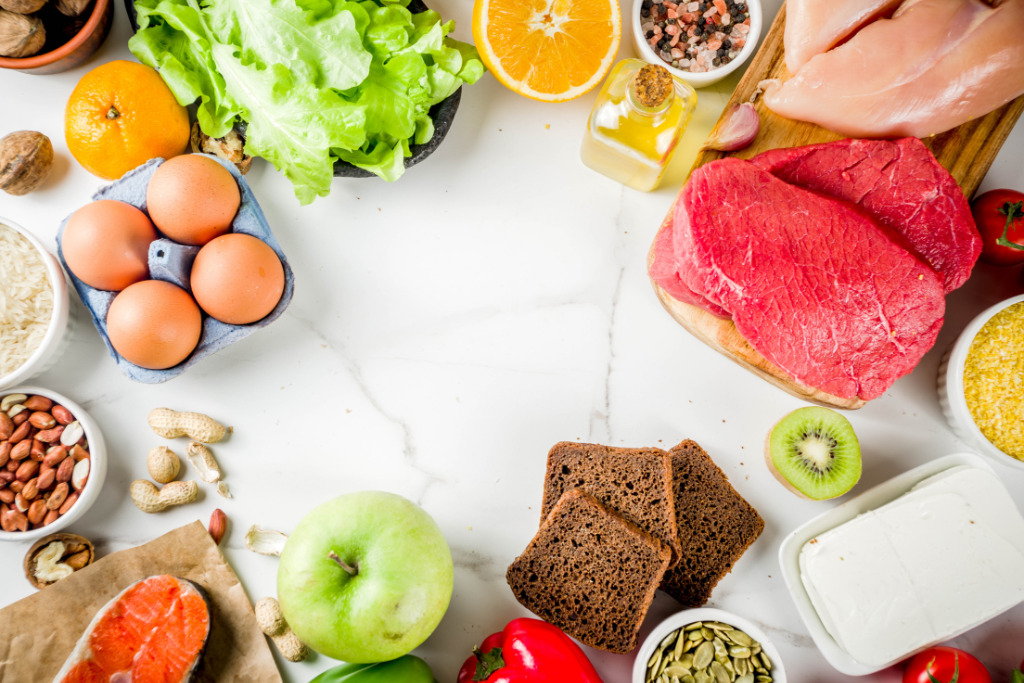FEFANA explanatory note
Brussels, 12 August 2021

On July 16, 2021, Commission Implementing Regulation (EU) 2021/1165 “authorising” certain products and substances for use in organic production and establishing their lists, was published on the Official Journal of the European Union (OJ). This new legal act (Regulation (EU) 2021/1165) repeals some measures in Regulation (EC) 889/2008 including annexes V (feed additives) and VI (feed materials) and replaces these annexes with an Annex III to Regulation 2021/1165. The Annex III now contains lists of feed materials (Part A) and feed additives (Part B) that are allowed for organic production from 1 January 2022[1]. The FEFANA statement below is intended to assist feed business operators with some understanding of the new implementing Regulation[2] as advised by some feedback received from EC services and feed industry regulatory experts.
INTRODUCTION
One of the action points in the Farm to Fork Strategy is the revision of the feed additives regulation with a view of facilitating the placing on the market and use of innovative additives that can help reduce the environmental impact of livestock farming. FEFANA values the EC recognition that feed additives could help with sustainable food production through (i) maximising on resources: saving, improving and or increasing their efficiency, as well as reduction of (ii) greenhouse emissions, (iii) the need for use of antibiotics, and (iv) food loss and waste. It is generally now agreed as important to secure a legislative framework that supports the sector in reaching these ambitious goals.
Without compromising the organic production principles, the use of feed additives and their mixtures can also support organic farming by providing essential micronutrients to cover animals’ needs as well as ensuring animal’s general well-being/welfare and assuring optimal health. FEFANA therefore welcomes this new implementing act that affords further clarity on the principles of organic production and thus helps with achieving the EU Green Deal initiatives on organic production.
This Implementing Regulation continues to reinforce current understanding that only products and substances[3] already authorised in accordance with relevant provisions of Union law may be used in organic production (authorised under Article 24 of Regulation (EU) 2018/848) as well as attempts to further clarify those feed additives that could be allowed for organic feed use.
NOMENCLATURE OF FEED ADDITIVES ID/functional groups and use in organic farming
In as much as the expression “ex” is now included in the annex of this new implementing act, FEFANA understands that this does not infer introduction of new ID/functional groups of additives. The expression was introduced to further identify the additives, as listed in the European Union Community Register of Feed Additives, that are allowed in organic farming. The EC Services have clarified that where there is the addition of the Latin prefix “ex” (meaning “out of”), it is intended to describe that only products and substances within the cited ID number following the expression and that meet the specific conditions (listed in the column “description”) are allowed for use in organic production. The Community legal acts concerning the authorisation of each feed additive continues to constitute the legal basis for the placing on the market and use of the additives concerned. This means (and in accordance with the provisions of Article 4 of Regulation (EU) 2021/1165) that a feed additive or feed additive preparation (even if it contains processing aids) authorised under Regulation (EC) 1831/2003 and then listed in this implementing regulation is allowed in organic production.
INCREASED TRANSPARENCY
Similar to the procedure already in place, the listing of “new” feed additives for use in organic production will continue based on proposals for such new additions through member states. However, under Regulation (EU) 2018/848, Art. 24.7, all submissions of new dossiers will now be required to be made public (whilst respecting data protection legislation). FEFANA welcomes this increased transparency as it should help operators in identifying national authority(ies)’ plans to “enrich” the community “positive lists” of products and substances that may also be used in organic production.
NEXT STEPS
FEFANA will continue to work/assist as necessary with any measures that will continue to provide clarity to feed business operators with regards to additives that are allowed in organic production. For example, as part of FEFANA response to the recent consultation on EU evaluation of the feed additives legislation, it has highlighted the need to make the European Community Register of feed additives more user-friendly as well as requesting additional necessary information provided to stakeholders via that database. FEFANA will support exploring the feasibility of supplementing a future community register with indication of additives allowed for organic farming.
[1] Annexes V and VI to Regulation (EC) 889/2008 should continue to apply until 31 December 2021.
[2] It is the Court of Justice of the European Union that has the ultimate responsibility on interpretation issues relating to EU law.
[3] Community register of feed additives: https://ec.europa.eu/food/safety/animal-feed/feed-additives/eu-register_en
About FEFANA
FEFANA (EU Association of Specialty Feed Ingredients and their Mixtures) is the united voice of the specialty feed ingredients business in Europe. Our membership comprises manufacturers and traders of feed additives, functional feed ingredients, premixes and other mixtures of specialty ingredients that enter the food chain via feed. FEFANA facilitates the dialogue between EU institutions and feed business operators while promoting feed and food safety and a fair and competitive market. For any additional information please contact the FEFANA Secretariat at info@fefana.org or visit our website at www.fefana.org.










